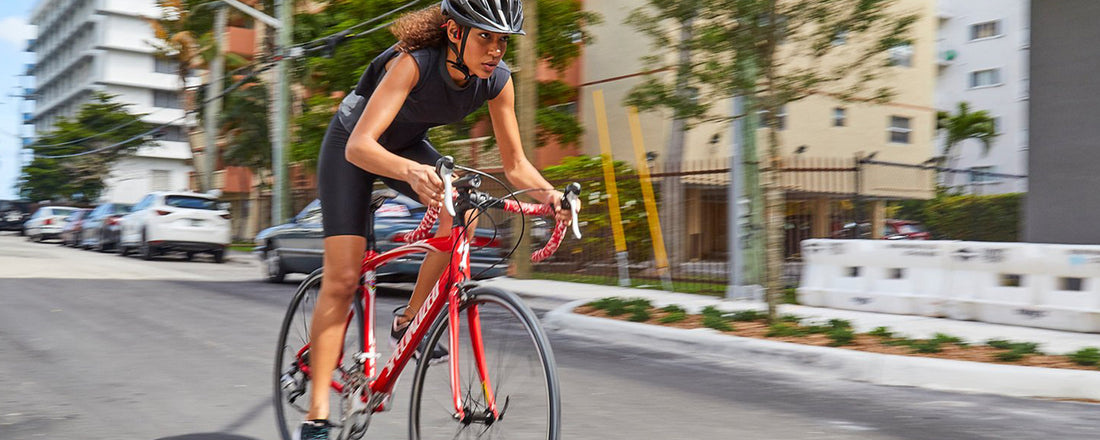
How To Beat the Summer Heat While Training
Share
Sunshine, BBQs, poolside beers, half-day Fridays... there’s so much to look forward to during the summer months! But with the season comes the heat, and this is always in conjunction with the most popular training months of the year. So, how do you beat the heat on the roads and trails? Here are 3 easy ways to feel the burn without the actual burn (ouch!).
RACE AGAINST THE SUN
As summer heats up and your training follows suit, beating the heat becomes a constant battle. Daily temperatures can peak to unsafe levels so a critical training factor here is time of day. Early morning runs are the best way to beat the heat, especially since there is no residual heat from the day itself. Monitor sunrise times and projected temperatures to plan appropriate start and end times for your run. This will allow you to finish up before the direct sunlight becomes too intense. As summer progresses and your runs get longer, this time will inch earlier and earlier. The key here is to find a friend that will hold you accountable for meet-ups in the early morning hours.
There are a couple of other options when it comes to time of day. You can always go for a late evening run after the sun sets. Just make sure you feel safe in your environment, especially when running solo. Wear reflective material, and wear a headlamp when needed. And when things really heat up, you can’t go wrong with a lunch break run on the treadmill with some AC. It’s not always the most exciting, but hey, you can catch up on your Netflix shows!
H2…OH MY GOSH, IT’S HOT!
Another key to beating the heat is hydration! Sweating is your body’s way of cooling down and that water will need to be replaced! Use some of that water to cool down other areas when you feel overheated, like your forehead or neck. As the water evaporates you should feel that cooling effect.
If you carry your hydration on you, a good runner hack is to keep your hydration cold by freezing a small portion in your handheld the night before and filling up the rest in the morning. You then have a portable, cooling handheld that is refreshing and acts as a cool pad if needed.
OUT WITH THE COLD, IN WITH THE NEW!
What to wear, what to wear, what to wear? The right gear for summer running is critical for training and race day. Obvious tips include wearing breathable, moisture-wicking fabric and brighter, lighter colors that reflect the sun’s rays. But, don’t forget to protect your skin at all costs – use hats, sunglasses, and loads of sunscreen! There is nothing more painful than running with a sunburn from the previous day – agony, just agony!
What tips do you have for beating the summer heat? Share your experiences with us on Facebook, Instagram, or Twitter!
